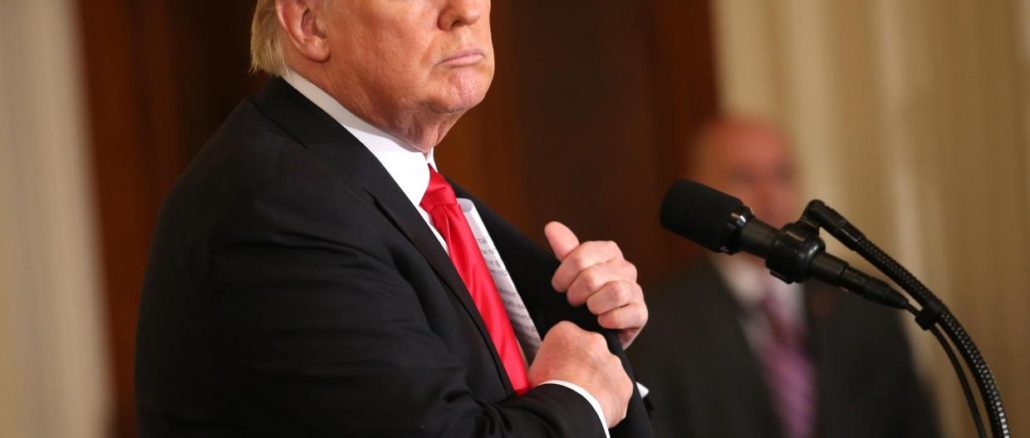
[dropcap]The [/dropcap]recent barring of certain media outlets from a White House press “gaggle” may have a positive impact on journalism in the long run, according to DCU communications lecturer, Declan Fahy.
The Guardian, the New York Times, the Washington Post and CNN were just some organisations excluded from an off-camera press briefing at the end of February, while reporters from a number of conservative publications were handpicked to attend.
Though Fahy acknowledged that there has been a lot of “hand-wringing” about the exclusion, he believes the journalism industry will benefit from the change.
“They (the American press) have been too willing, perhaps to let the press secretary set the agenda for news on a daily basis,” he said.
“This occurrence has allowed reporters to now become more free to start looking for news and stories outside of the press briefing room. That will have an overall positive effect. They won’t be waiting for a crumb from the table.”
Journalism has always produced tension between access and accountability, with too much access to high profile sources producing “insular, samey, samey” journalism according to Fahy.
“The more access you have, the less accountable the reporting often is. So now I hope it’ll be a stronger shift towards much more accountability journalism.”
Many of the same organisations barred from the press briefing have been slurred by the Trump administration over the production of “fake news.” The buzzword was popularised by the President but, according to Prof. Steven Knowlton of the School of Communications in DCU, it isn’t a new concept.
“Fake news goes back to Gutenberg. It probably goes farther back than that,” he said.
“Fake news is a very popular new term for bad journalism, which we’ve had for a very long time.”
As well as accusations regarding false information, many members of the press are struggling with their duty to remain objective in the face of policy decisions they find distasteful or unethical.
According to Knowlton, journalists mustn’t give up on their core journalistic principles.
“These are unique times. I don’t think we should abandon the principles of journalism. I think journalists need to become a lot more aggressive, I think they have to stop being dazzled by the bullshit, I think they have to pay attention to the real story.”
Rebecca Lumley
Image Credit: Carlos Barraia, Reuters



